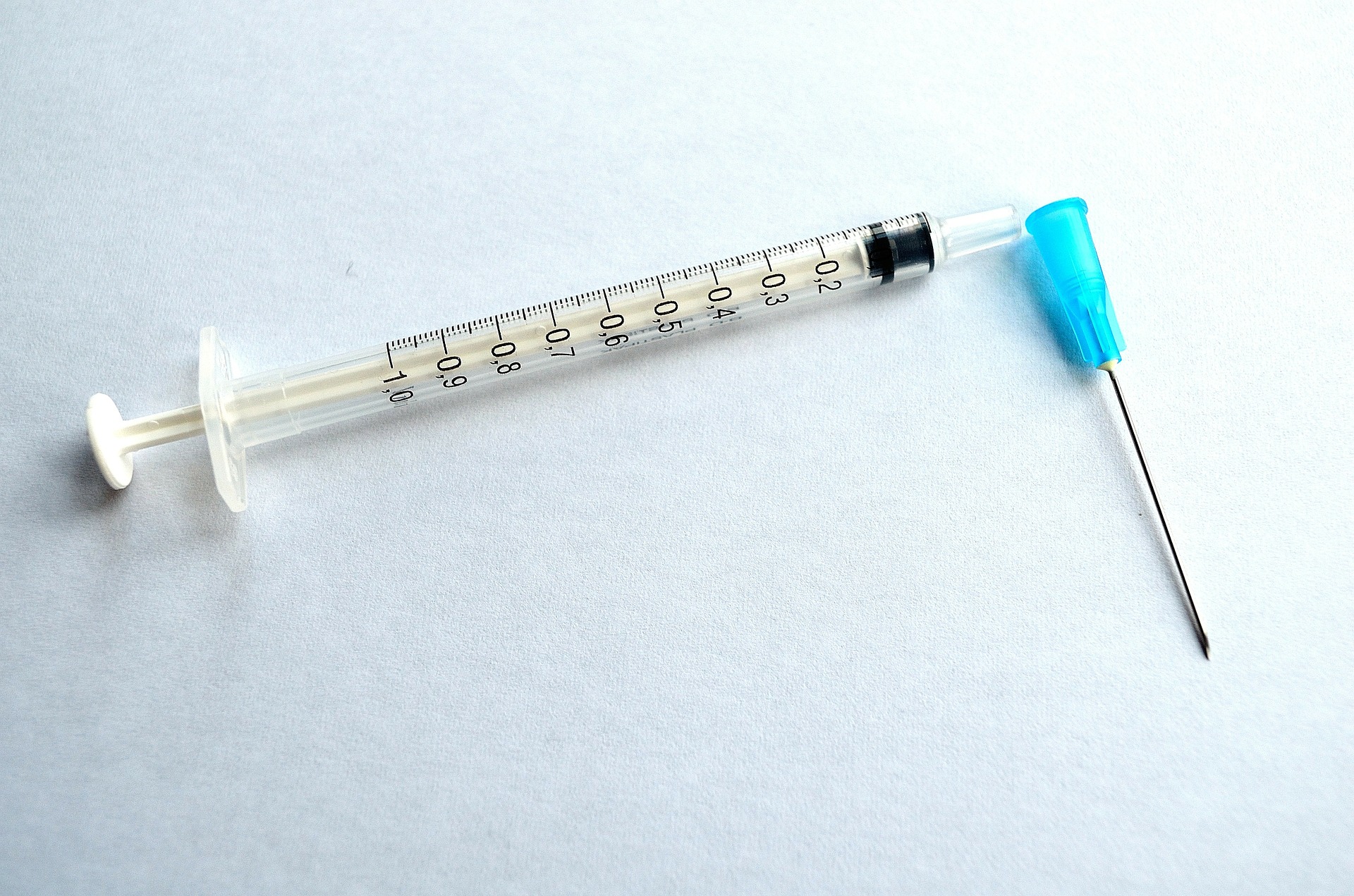
Dogs, drugs and the business of Ebola
MORE IN THIS SECTION
Excalibur was a dog, but to a world infected with the fear of Ebola, he was much more than that.
Nurse Teresa Romero Ramos was just one of thousands battling Ebola when the Spanish government put down her pet to avoid any chance of spreading the virus. Thousands of lives from Liberia, Sierra Leone and Guinea were ended by the disease, tens of thousands are living without basic resources because of its economic toll, but those realities did not prompt as much of a viral response as a single dog. The pooch’s impending euthanasia birthed the hashtag #SalvemosaExcalibur and clashes between outraged protesters and police outside Ramos’ home. More than 300,000 people even signed a petition to keep the dog alive in quarantine.
But Excalibur was merely a metaphor for a much greater tragedy — the world’s failure to prepare for and respond to Ebola.
Nearly 4,000 West Africans died before the U.S. government began to respond by sending resources and troops to battle Ebola. But it wasn’t the Liberian deaths abroad that pushed the country to act but Liberian Thomas Eric Duncan’s death under the roof of Dallas’ Texas Health Presbyterian Hospital — and Ebola's subsequent spread.
Nina Pham, a 26-year-old nurse who treated Duncan, may not have been able to do much more than she already did to prevent her own infection, although media and government agencies are intently scrutinizing her actions. She wore Personal Protective Equipment as she was trained to do — a mask, gown, shield and gloves — but still found herself at the receiving end of the first known Ebola transmission in the country. Pham's dog will be kept alive in isolation, awaiting its owner's recovery.
The airport employees on duty that day that Duncan passed through security may not have been able to do much either. Even those required to screen for fevers now won’t necessarily be able to detect the virus since Ebola has such a long incubation period.
But there is something the government could have done years before to prevent the epidemic — invest in treatment.
Ebola isn’t new. While the strains may differ, the disease was discovered more than three decades ago and the U.S. began developing a vaccine in 2001. National Institutes of Health head Francis Collins recently told the Huffington Post that if the federal government had sustained funding for research, an Ebola vaccine would have already been developed.
"Frankly, if we had not gone through our 10-year slide in research support, we probably would have had a vaccine in time for this that would've gone through clinical trials and would have been ready," Collins said. "We would have been a year or two ahead of where we are, which would have made all the difference.”
Even in light of the outbreak and the disease’s arrival to the U.S., the NIH has not received additional funds, leaving the institute to siphon money from other areas of research respond to the disease. Some policy makers have introduced legislation to increase NIH’s funding or the budgets of programs like the Hospital Preparedness Program, whose budget has been cut in half in little more than a decade.
On the other hand, the pharmaceutical industry has not been stunted by a lack of resources. In fact, loopholes cut the industry’s taxes down to 6 percent of its profits and saved billions — a bargain for the $200 million spent in lobbying efforts annually. But despite the wealth, no private pharmaceutical company has developed an effective treatment for Ebola because investing in a drug to help a small number of people with little purchasing power would not be a smart business move. Out of all the tax incentives, the U.S. government has not incentivized research and development of drugs for diseases like Ebola.
Now, Americans are questioning officials’ preparedness. A Pew poll from the beginning of October found that 41 percent of Americans reported not much or no confidence in the federal government’s ability to prevent a major Ebola outbreak in the U.S., although few were worried that they or someone they knew would contract the disease.
The public response has been one of caution and fear-induced panic — isolate anyone who may have gone to a country affected by the disease; bar immigration; test anyone who even jokes about having the disease; in fact, just test anyone coming from abroad, even if your airport doesn’t receive direct flights from West Africa. But those responses won’t change the fact that tens of thousands in West Africa could be infected before the year is out. Just like Spain's solution for Excalibur, the U.S. response to Ebola seems to overcompensate for lack of control and preparedness.
Six months after the outbreak began to escalate, the federal government sent troops to the front lines of the fight where they will build care units and deliver basic resources that have prevented treatment of the disease and protection of health workers. Doctors and health workers in West Africa have reported that more resources could significantly help battle the epidemic. But the effects of decades spent shifting priorities from public research to a profit-driven drug industry will still prove fatal for many people around the world.






LEAVE A COMMENT:
Join the discussion! Leave a comment.